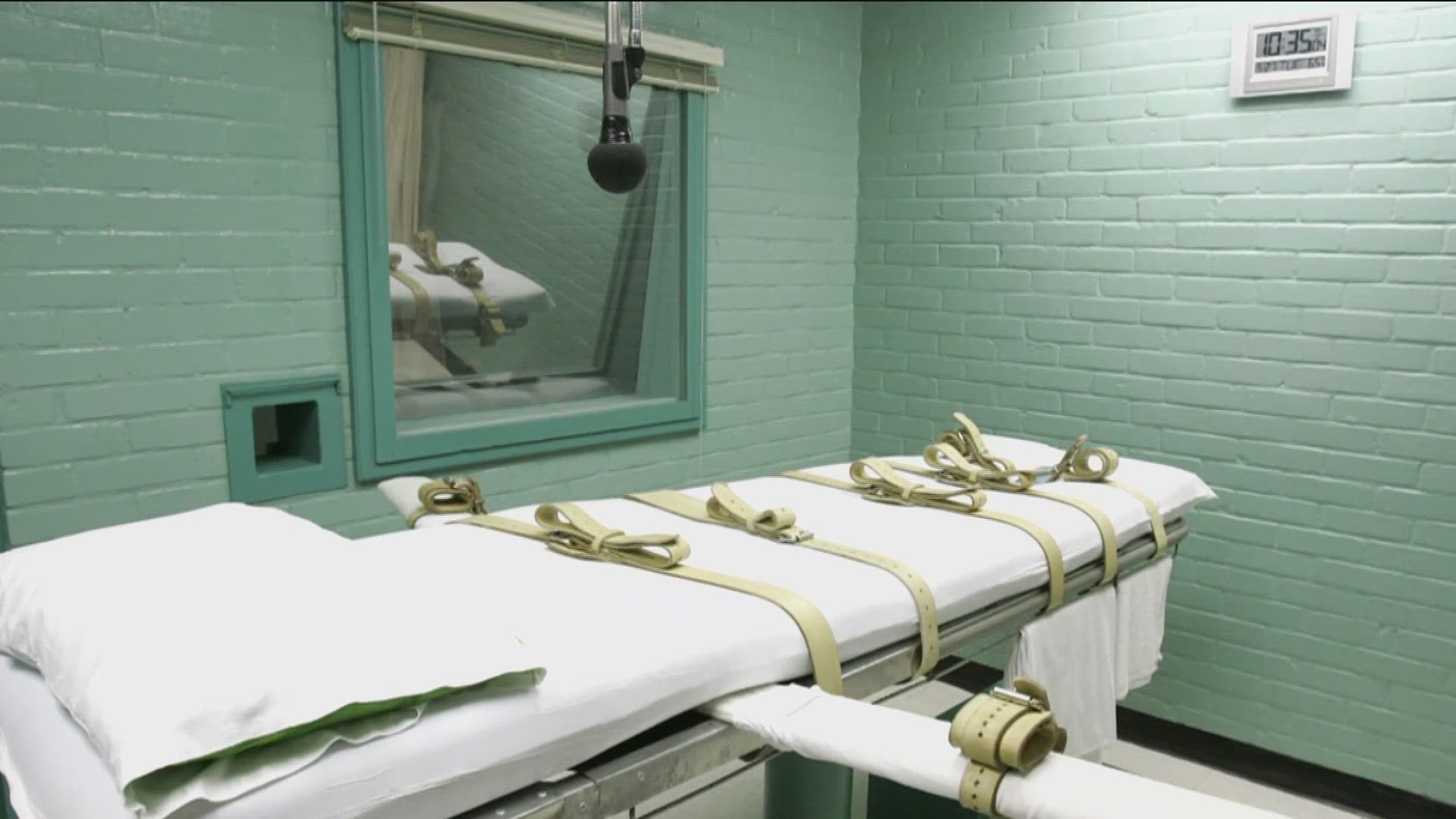TOLEDO, Ohio — Following the national unrest when the death of George Floyd by the Minneapolis police made headlines, Ohio senators introduced three police-related bills in July.
One of the most significant changes that could come to the state is SB 337, which would allow the Ohio attorney general to investigate and prosecute police-caused deaths.
In June, Gov. Mike DeWine called on lawmakers to approve many police reform laws, including mandating independent investigations and prosecutions for all officer-involved shootings and all in-custody deaths.
This bill would end the current practice of police departments looking into deaths caused by officers while also allowing an independent party to prosecute them if deemed necessary.
"There is a conflict of interest because district attorneys have to work with police all the time for the majority of their cases. So, for them to then turn and investigate on the people that they often rely on for evidence for their prosecution is problematic," Toledo Black Lives Matter activist Julian Mack said.
But this is only a start, Mack and Bowling Green State University Professor Philip Stinson said.
Stinson, who is a former police officer and specializes in criminology, said the bill does not go far enough because of the only two criteria that would allow the AG to prosecute.
The bill's language says the AG can prosecute if the person who was killed was unarmed or if there was a question as to whether the victim was armed and dangerous.
"I don't think that goes far enough. I think, actually, it should go farther and it should be that the attorney general's office investigates all fatal shootings by the police," Stinson said.
Ohio Sen. Teresa Fedor, D-Toledo, who is cosponsoring the bill said the current text is just a start and she would like to see all cases investigated by the AG.
Stinson added one issue he sees with the bill as it's written is it may not trigger the attorney general to get involved if the police claim the person killed had a weapon.
"The problem with that though, as we've seen many instances over the last decade, the police owned the narrative in these cases. And sometimes police officers lie in their statements, in their written reports, in their sworn testimony," he said.
Stinson has been tracking police misconduct since 2005 and added not all police officers lie, but there have been cases around the country where it has happened.
On the other hand, Toledo Police Patrolmans' Association President Michael Haynes said although he supports the bill, he doesn't believe officers would be against any investigation of police misconduct.
"If the death was justified by the officer, then the death was justified by the officer. If the death was not justified by the officer, then it was not justified by the officer. I don't feel that there are any policemen that would cover up or try to justify a death that was clearly not justified," he said.
Haynes added the facts surrounding any police-caused deaths would speak for themselves.
Fedor said since there are only a few sessions left in the current general assembly, SB 337 and other bills recently introduced will have to be re-introduced once the legislature is back in session.
"We will continue to introduce these bills, go through the bill making process. And the more people write to their legislators, call their legislators, and call the governor, the more that this is considered a priority, and it will make it all the way through both chambers and to the governor's desk," she said.
The senator is also cosponsoring another bill that would prohibit officers from engaging in biased policing and other status-based profiling.
Although supportive of these bills, Mack added there is more to be done in terms of targeting poverty and inequality in order to fix policing issues in the state and in the country.
"We're trying to police and prison our way out of drug addiction, we're policing and prisoning our way out of mental health issues. We are policing and prisoning ourselves out of interpersonal conflict. And in reality, a lot of these derive from poverty and the exploitation of America's poor," he said while calling for more money to go to education and social issues than police departments.
Sen. Theresa Gavarone, R-Bowling Green, introduced a resolution calling for justice for victims of police excessive force but also opposing the defund the police movement raised by Mack.
"There's a false belief that continues to be perpetuated within mainstream politics, which is that more police translates into greater safety. And that just is not reality. More resources in our community lead to greater safety," Mack said.
Gavarone said in early July she believes defunding law enforcement would leave agencies understaffed and officers undertrained, which would increase the risk of officers using excessive force.
Meanwhile, Fedor also said she would work to get fair funding for public education across Ohio and denounced the current state formula that each school district receives money based on student enrollment and property wealth.
"My experience as a classroom teacher and someone who's worked on strengthening public education and those elements that are very important, it really starts with funding," Fedor said.
"Fair funding for public schools is a great start because education is the great equalizer," she added.
RELATED VIDEO:



